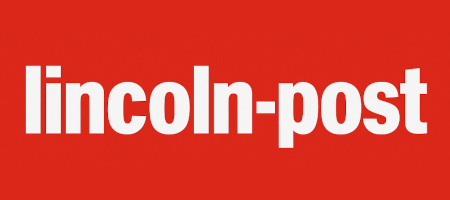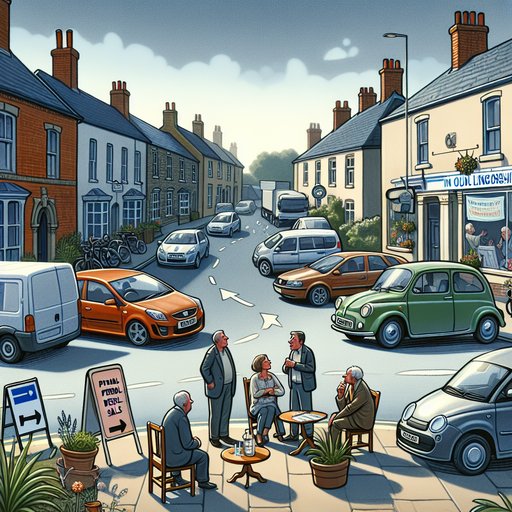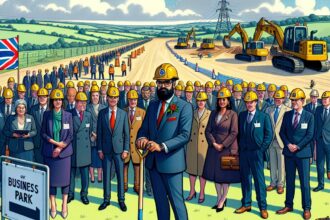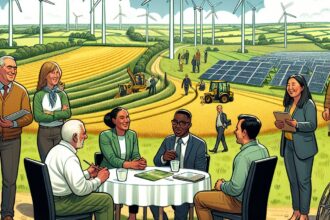In a bid to revitalise British businesses amid precarious times, the Prime Minister has announced a revised ban on new petrol and diesel car sales. This move, coming off the back of global market turbulence due to Trump’s tariffs, is part of a broader strategy to secure a trade deal with the US while safeguarding British industries. With UK to US tariffs set to be a minimum of 10%, and an eye-watering 25% markup for the automotive industry, the stakes are high, given that approximately one sixth of British cars find their way to American shores. Speaking at Jaguar Land Rover, Sir Keir Starmer expressed his unwavering support to the automotive industry amidst these challenging times. The sales ban on new petrol and diesel cars has been confirmed for 2030, a revision from the previous Conservative government’s 2035 target. Hybrid cars, however, will be allowed on the market until 2035 to facilitate a smoother transition to electric vehicles. The sale of petrol and diesel vans will also continue until 2035 to minimise the impact on businesses. ‘Supercar’ manufacturers like Aston Martin and McLaren will remain unaffected by these changes due to their smaller production volumes. Penalties for falling short of electric vehicle sales targets will be eased, and manufacturers could dodge fines more easily. Green standard compliant petrol cars sold before 2030 will also contribute towards sales targets. Sir Keir Starmer emphasised the potential benefits to British car manufacturers and the possibility of reducing living costs by up to £1,100 a year through the switch to electric. The public is encouraged to voice their views on whether Britain can lead the electric vehicle production race.
This story was adapted by The Lincoln Post from original reporting by www.grimsbytelegraph.co.uk.







